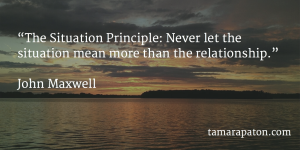

When we first become involved in non-profit governance, we do so hoping to make a positive difference. We feel inspired by the organization’s purpose and enjoy working alongside leaders whose values align with our own. We don’t expect our work to involve lawyers and collection agencies. In my experience, however, deeply personal causes are a breeding ground for painfully challenging ethical decisions.
I advise a non-profit board that recently faced an emotionally heated situation. A small number of the beneficiaries were taking advantage of the organization’s generosity. The individuals in question had the gall to do so for months while ignoring the executive director’s attempt to seek resolution. Feeling stonewalled, the ED came to the board and threw up his hands.
Perhaps you have faced similar circumstances. If not, it’s only a matter of time before you step into the grey zone between noble purpose and self-interest. When you do, consider five actions that encourage productive dialogue that can turn challenge into an opportunity.
Admit your bias
When the aforementioned executive director outlined his organization’s situation, my blood boiled. I felt self-righteous and did so with remarkable speed.
Fortunately, I paused before speaking. A moment of reflection pointed to the resentment I’ve been feeling about the inefficient way the organization is managed. How could the ED lose control? One of the board members admitted to bringing her own baggage into the conversation by acknowledging the concern she had for an often forgotten stakeholder group. Before long, we were going around the table revealing the biases that would influence our decision making.
Frame guiding principles
Although it’s tempting to start sharing ideas and opinions, a group benefits from first outlining its guiding principles. What conditions must be true once this decision is made? What territory is completely off limits? The answers to these questions can confine a discussion to a practical context that aligns with the organization’s values.
Seek expertise
Depending on the nature of the issue, it may be appropriate to seek external advice. Legal counsel can be invaluable at this stage, as can support from a governance advisor or financial expert. The goal here is to generate an exhaustive list of alternatives and consider related risk. Although non-profits often shy away from paying for advice, failing to do so can result in a far more costly outcome.
Revisit the stakeholders
Who are we meant to serve in this situation? How would donors interpret the range of options? How might beneficiaries react? Discussion guided by these questions can narrow down a feasible set of options.
Chart a path ahead
At this stage, the group can naturally dig into the pros and cons of its options. Then, once a decision emerges, tactical details take over. Who is doing what and when? To what extent should the organization communicate its decision to stakeholders?
When we, as individuals, face a moral dilemma, we often rely on instinct to make a quick call. Bringing multiple perspectives around a board table complicates the process somewhat, but can yield a richer, more insightful outcome. With a thoughtful approach, a board can come to a practical decision that aligns with the values held by the organization and everyone around the table.
Question: How do you handle ethical decisions in your work? Please share your response via Twitter, LinkedIn or e-mail.
Thank you for reading! If you found this post useful, please click the “like” button on LinkedIn and/or share it with others in your network. Doing so helps my work reach others and would mean so much to me.










